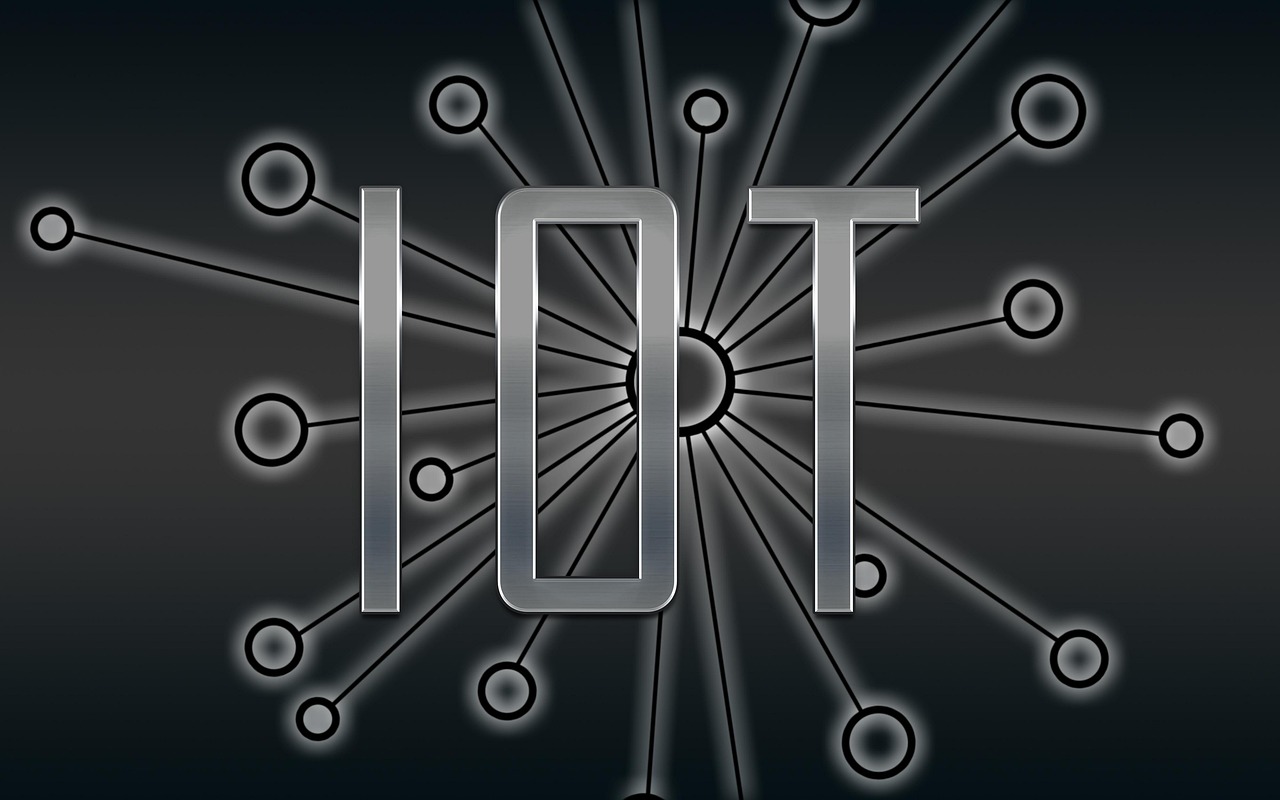Blockchain for Transparent and Tamper-Proof Manufacturing Records
In today's globalized manufacturing landscape, the demand for transparency, traceability, and data integrity has never been higher. Amid rising regulatory scrutiny, increasing product recalls, and consumer demand for accountability, blockchain technology is emerging as a

In today’s globalized manufacturing landscape, the demand for transparency, traceability, and data integrity has never been higher. Amid rising regulatory scrutiny, increasing product recalls, and consumer demand for accountability, blockchain technology is emerging as a transformative solution for securing manufacturing records. Its decentralized, immutable ledger ensures that every step of the production process is accurately recorded, verifiable, and resistant to tampering.
Why Manufacturing Needs Blockchain
Traditional manufacturing record-keeping systems are often siloed, susceptible to manipulation, and challenging to audit. Paper-based logs or centralized databases can be altered, misplaced, or lost, leaving room for errors, fraud, and compliance violations. This is particularly critical in sectors like pharmaceuticals, aerospace, and food production, where traceability and quality control are non-negotiable.
Blockchain addresses these vulnerabilities by creating a distributed ledger system where every transaction or manufacturing event is timestamped and permanently stored. Once entered, data cannot be altered without consensus from the network, creating a trustworthy, tamper-proof trail of manufacturing activities.
Key Benefits of Blockchain in Manufacturing Records
1. Immutable Audit Trails
Blockchain’s core strength lies in its immutability. Each entry—be it raw material intake, machine calibration, batch production, or quality check—is cryptographically linked to the previous one, ensuring a complete and unalterable historical record.
2. Real-Time Traceability
Blockchain enables end-to-end traceability across the supply chain. Stakeholders can access real-time data about a product’s journey, including sourcing, assembly, packaging, and shipping. This improves accountability and accelerates root-cause analysis in the event of defects or recalls.
3. Enhanced Compliance and Quality Control
For highly regulated industries, blockchain helps manufacturers meet compliance standards such as FDA 21 CFR Part 11 or ISO 13485. Smart contracts can automate compliance workflows by triggering alerts or actions when predefined conditions are met, such as calibration schedules or environmental control thresholds.
4. Secure Collaboration Across Stakeholders
Multiple parties—suppliers, manufacturers, auditors, and regulators—can securely access shared records without compromising data integrity. Blockchain ensures that each stakeholder sees the same version of truth, reducing disputes and improving operational efficiency.
5. Fraud and Counterfeit Mitigation
Blockchain helps combat counterfeit products by validating the authenticity of components and final goods. With each transaction recorded on a secure, transparent ledger, it becomes extremely difficult for unauthorized parties to introduce fake materials or manipulate production data.
Real-World Applications
- Pharmaceutical Manufacturing: Companies like MediLedger and Chronicled are using blockchain to secure drug production records and comply with serialization and anti-counterfeiting regulations.
- Automotive Sector: OEMs are leveraging blockchain to track parts through their lifecycle, ensuring safety compliance and warranty validity.
- Food Processing: IBM’s Food Trust platform helps manufacturers and retailers trace food origins, enhancing safety and consumer trust.
Challenges and Considerations
Despite its promise, blockchain implementation in manufacturing requires careful planning. Integration with existing MES (Manufacturing Execution Systems), scalability, data privacy, and user training are key challenges. Moreover, achieving interoperability between different blockchain platforms remains a work in progress.
The Road Ahead
As digital transformation accelerates, blockchain is poised to become a foundational technology in smart manufacturing ecosystems. When combined with IoT and AI, it can automate decision-making and quality assurance, making the manufacturing process not only transparent but also intelligent and self-correcting.
Blockchain offers a robust framework for transparent, tamper-proof manufacturing records, unlocking new levels of trust, efficiency, and compliance. For forward-thinking manufacturers, adopting blockchain is not just a technological upgrade—it’s a strategic move toward resilient, accountable, and future-ready operations.






